People Are Sharing the Easiest Habit That Saved Them a Ton of Money
There’s no shortage of advice on how to save money, but not all of it feels realistic or doable. That’s why simple, repeatable habits make a difference. People shared the everyday changes that made their wallets feel less empty, and some of them work better than you’d expect.
Removing Shopping Apps from Your Phone

Credit: Getty Images
Removing shopping apps from your phone means you’re less likely to scroll through flash sales or random discounts just because you’re bored. The fewer taps between you and your purchases, the easier it is to convince yourself it’s necessary.
Paying Yourself First Every Payday

Credit: Canva
Instead of spending what’s needed and saving the leftovers, some flip that idea completely. Set aside a small amount the moment money hits your account. The rest becomes your actual spending limit. You won’t miss what you don’t see, and your future self gets a head start without constant decision-making..
Cooking at Home Most Days of the Week

Credit: Getty Images
Restaurant meals, takeout, and snacks on the go add up fast. Home cooking saves money and leads to fewer last-minute expenses. Making extra for leftovers adds even more value. You know what’s in your food, and your budget stays more predictable throughout the week.
Drinking Water Instead of Buying Drinks

Credit: pexels
Buying drinks here and there doesn’t seem like much until it becomes a daily thing. Swapping soda, coffee-to-go, or juice for tap water keeps costs down without much effort. Carry a refillable bottle, and the habit sticks. It’s small, but the kind of small that adds up without being a sacrifice.
Tracking Spending for One Month
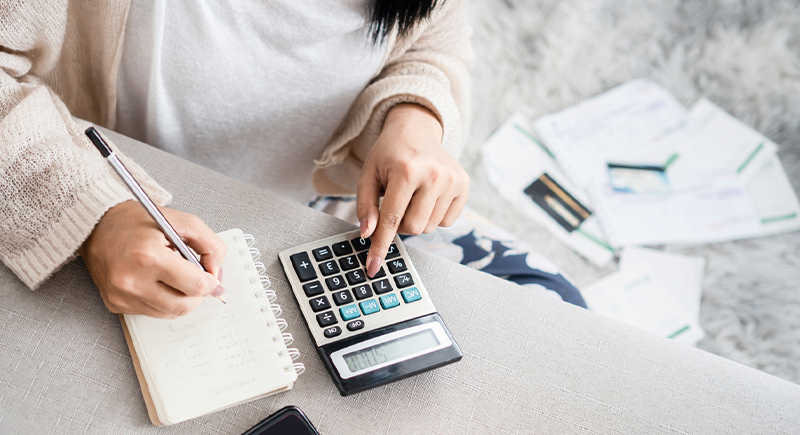
Credit: iStockphoto
Awareness alone often leads to spending less. Writing down everything you spend, even just for a few weeks, can be a wake-up call. There are many apps for this, or you can just use a notepad or phone note. Once you see everything laid out, random purchases you thought were harmless start looking different.
Waiting a Day Before Buying
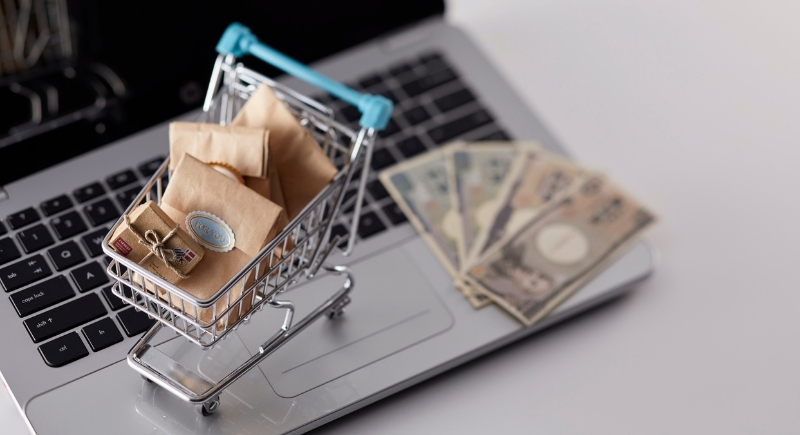
Credit: Canva
Online shopping carts don’t expire, which is excellent for your wallet. Add what you want, then walk away. You don’t need to tell yourself no—just wait. If it’s still exciting tomorrow, maybe it’s worth it. Most of the time, it won’t be. That’s the whole trick.
Making and Sticking to a Grocery List
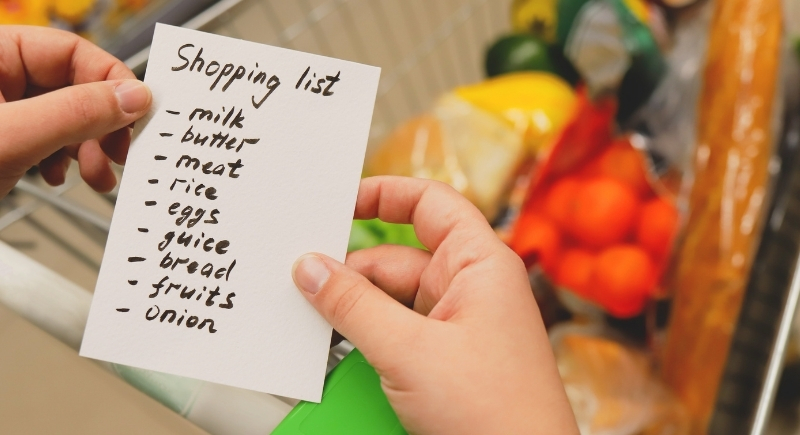
Credit: Getty Images
Walking into a store hungry and aimless is a direct path to buying frozen appetizers you didn’t even know existed. A basic list, plus not shopping on an empty stomach, works better than any budgeting app. The receipt is shorter, and you don’t end up with six jars of salsa.
Canceling That Free Trial—Immediately
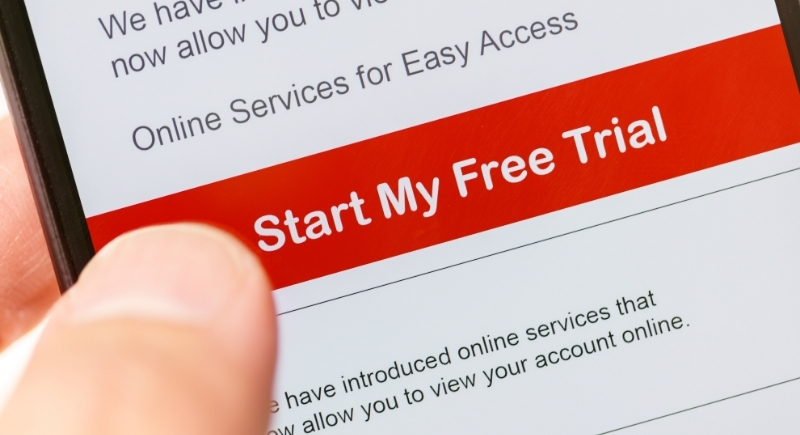
Credit: Getty Images
It’s easy to forget a free trial until the first charge. The trick is to cancel right after signing up. You usually still get access through the trial period. If you want it again, you’ll know. If you don’t, well, now you’re not paying for something you weren’t even using.
Packing a Lunch Instead of Eating Out
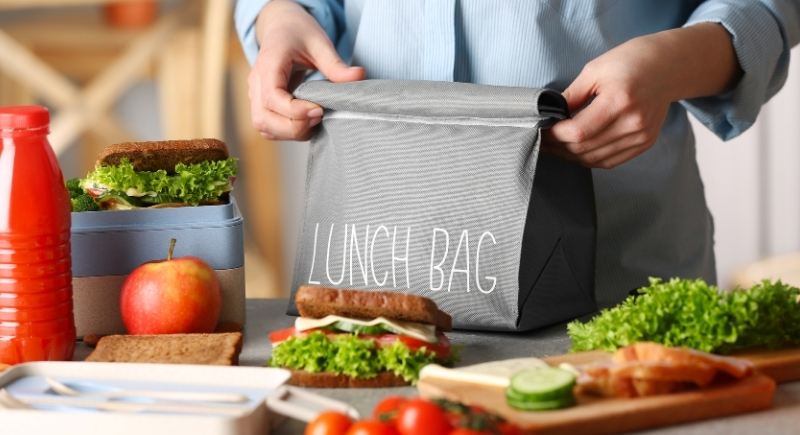
Credit: pixelshot
Grabbing lunch while you’re out feels convenient, but the costs pile up quickly. Even packing a sandwich or some leftovers a few days a week can save a surprising amount. Plus, it’s usually faster and doesn’t come with a wait time or delivery fee. Your wallet and schedule both win.
Unsubscribing from Store Emails
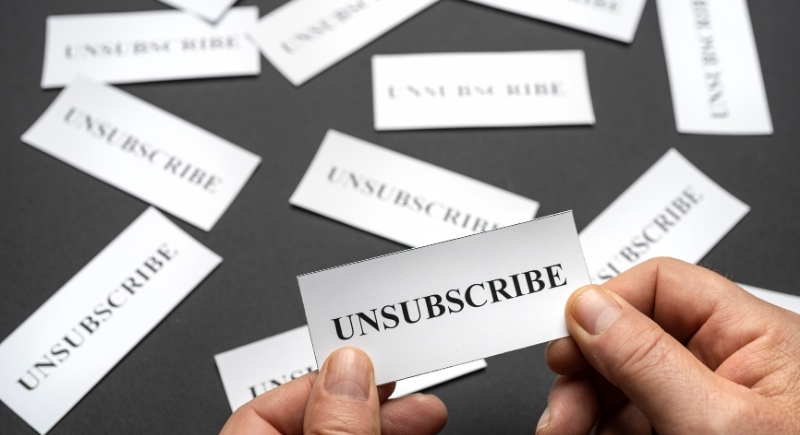
Credit: Getty Images
Inbox full of “last chance” deals is not a coincidence. Those emails are designed to make you feel like you’re missing out. Hit unsubscribe every time one pops up. After a week or two, it’s peaceful and easier to forget that sweater you didn’t need in the first place.
Buying Clothes Secondhand

Credit: Canva
Thrift shops or local swap groups are goldmines if you’re patient. Gently used clothes often look brand new, and the price difference is huge. For kids who grow out of things fast or adults who hate full-price tags, secondhand shopping keeps closets stocked without wrecking a budget.
Keeping the Same Lifestyle After a Raise

Credit: iStockphoto
The moment the paycheck gets bigger, so do the temptations: better gadgets, fancier dinners, spontaneous weekend trips. The sneaky habit here is not changing anything. You already knew how to live on a smaller salary. Keeping it that way turns your raise into instant savings.
Walking or Biking for Short Trips

Credit: Canva
You don’t always need the car. A quick ride to the store or a walk to the library gets the job done without burning gas. Do it when it’s practical, skip it when it’s not—you’ll still see the savings add up.
Choosing Weekends Over Nights Out

Credit: pexels
Hanging out doesn’t need to mean going out. Swapping a few weekend nights out with low-cost hangouts at home adds up. Movie marathons, game nights, or just sitting around talking can be just as fun, without the side of regret when the bill hits.
Brewing Coffee at Home

Credit: Canva
Yes, you’ll save money if you brew at home, but it only works if the coffee actually tastes good. Pick a method you enjoy—drip, pour-over, cold brew—and stick with it. Once you find your rhythm, skipping the café feels less like cutting back and more like having your own setup dialed in.
Turning on Round-Up Savings
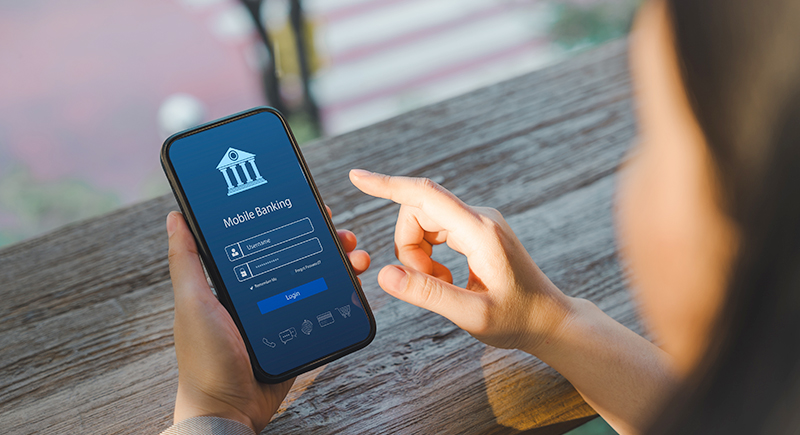
Credit: iStockphoto
Some bank apps and financial tools let you round up each purchase to the next dollar and stash the change. You won’t feel it missing. Still, it builds in the background. It’s the digital equivalent of tossing coins in a jar, except you don’t have to remember to do it.
Combining Coupons with Store Deals

Credit: Canva
A little bit of planning turns everyday errands into savings opportunities. Using a coupon during a sale can make basic purchases a lot cheaper. The best part is you don’t need to be an extreme couponer. Just scanning deals before you shop can make a solid dent.
Swapping Paper Towels for Reusables
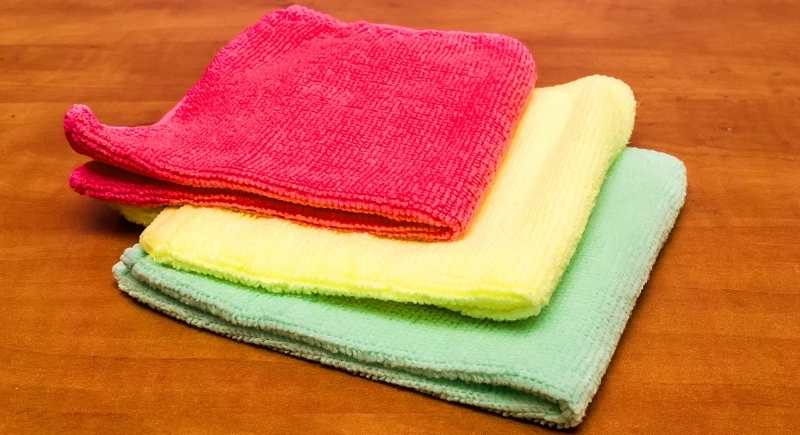
Credit: Getty Images
Paper towels disappear fast. Swapping them out for washable cloths or old T-shirts-turned-rags means you’re not constantly restocking. You buy once, wash, and reuse, which means less trash and fewer trips to the store.
Turning Off Auto-Renew by Default

Credit: iStockphoto
Most subscriptions quietly renew unless you say otherwise. Disabling auto-renewal forces you to check if you still want something before paying again. It’s a small change that makes sure you’re not paying for things out of habit. When it’s time to renew, you’ll know it, and that’s the point.
Choosing One No-Spend Day a Week
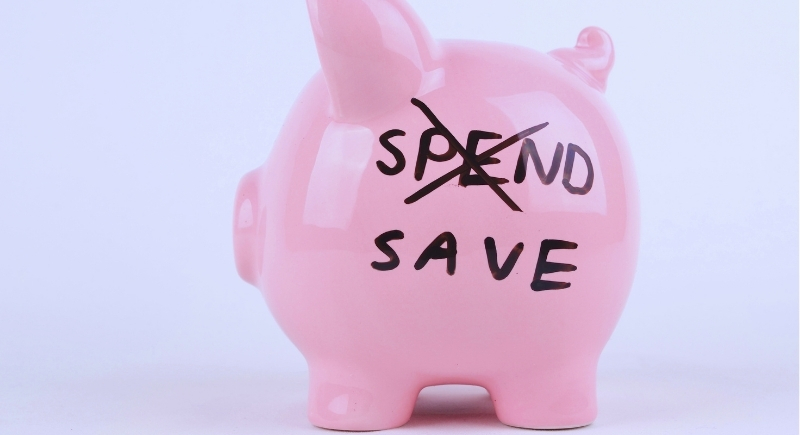
Credit: Getty Images
Designating a day where you don’t buy anything—no snacks or unnecessary online orders—gives your brain a break. It’s a reset button that helps you notice how often small purchases sneak in. Just one day without transactions can add rhythm to your week and slow down impulsive habits.